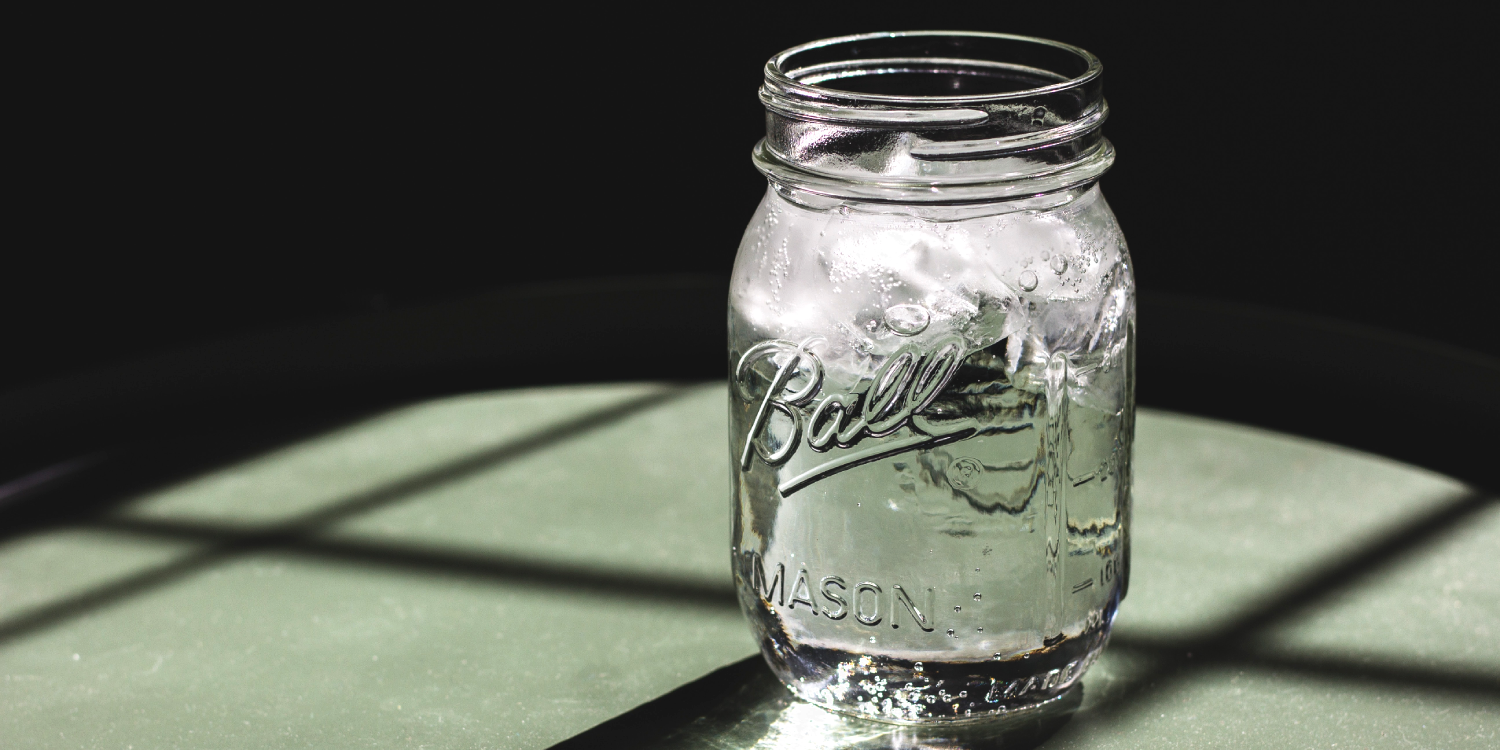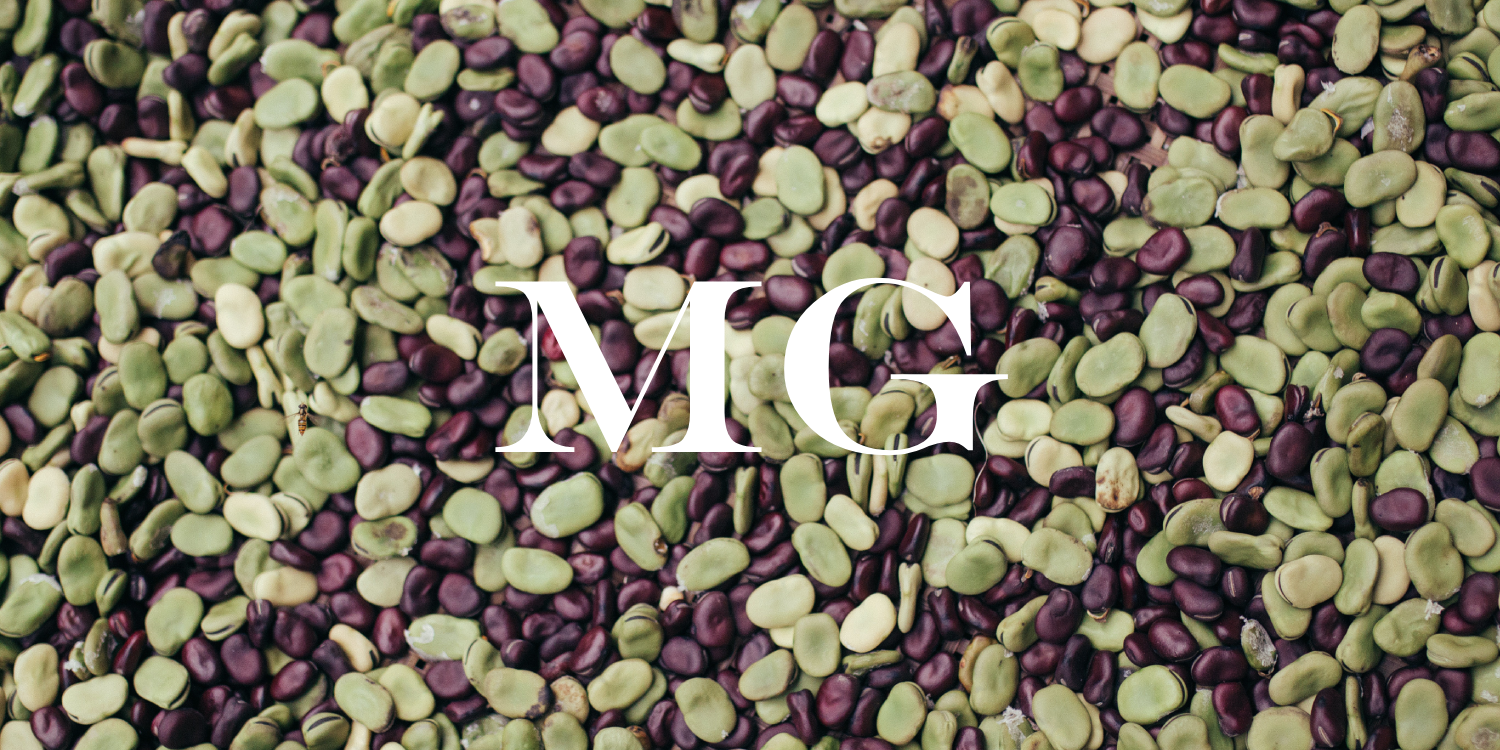
Your Hydration Questions Answered
This week I’m bringing you answers to frequently asked questions all pertaining to water intake and hydration. PLUS, we kick off our hydration challenge for the end of March!
If you are a patient of mine, you know we talk a lot about hydration and water intake.
Why?
Because maintaining adequate and consistent hydration is one of the most powerful things you can do for your overall health. On average, we humans are made up of between 47-65% water depending on a variety of factors. Some even tout water as the most important nutrient in the body.
Further, 60% of the water in our bodies lives inside our cells with another large chunk hanging out right outside the cells. Basically, the cells that create you are H2O obsessed and need water to function optimally. (4)
Q: What are the benefits of staying hydrated?
A:
- Increased proper metabolic function (i.e. storage of glucose and transmission of nerve signals)
- Skin health
- Cell delivery of oxygen, hormones, nutrients, and more
- Flushed out waste via the kidneys and urine
- Maintained body temperature
- Healthy weight support
- Regulated cell generation and cell turnover
- Joint lubrication and potential pain prevention
- Injury and fracture prevention
- Healthy digestion support (i.e. decreased constipation and acid reflux)
- Opens up the airways (think allergies and asthma)
- Muscle strength, quality, and performance
Q: What are the dangers of dehydration?
A: Cellular dehydration, especially in older adults, can lead to frailty, injuries, muscle wasting and poor muscle strength. In some people, it can lead to “dehydration headaches”. If it becomes severe enough, dehydration can even require emergent medical care. (2, 3)
Q: How much water should you drink?
A: This varies from person-to-person depending on age, activity level, weight, and so on. The rule I like to follow is this:
- Divide your body weight in half. Drink that amount in ounces daily.
- For example, a 150 lb. person would drink roughly 75 ounces of water daily.
Q: Is drinking water the only way to stay hydrated?
A: Drinking water isn’t the only way we consume it. The foods you eat have water in them, too. Pack these foods into your diet for an extra H2O boost. (1)
- Cucumbers
- Tomatoes
- Peaches
- Zucchini
- Lettuce
- Watermelon
Q: When should you hydrate?
A: Again, this varies depending on the person. However, when you wake up you are usually the most dehydrated. You haven’t had any water or water containing foods for hours at this point, and your body has worked all night rejuvenating itself. Get on the hydration train within 30 minutes of waking!
Q: Do drinks like coffee count toward my water intake for the day?
A: As a coffee lover, it breaks my heart to tell you that not only does it NOT count toward your water intake, it is actually dehydrating. So, for every serving of coffee, black tea, soda, energy drinks, etc., add another serving of the same size of water to your daily total. Think of it as a way to thank you body for processing that delicious coffee.
Q: What kind of water should I drink?
A:
- Plain water filtered with reverse osmosis or another high performance filter is best. If you’re unable to install a reverse osmosis unit in your home, have no fear – they make countertop RO systems these days. My fave is AquaTru! My second favorite option is not RO, but still high quality, is Berkey brand filters. *I also recommend faucet and shower filters from these companies.
- Next to plain water, mineral water like San Pellegrino in glass is great.
- I also love Quinton hypertonic minerals to help support electrolyte balance.
- If flavored waters are your thing choose those free of high fructose corn syrup/corn syrup and artificial sweeteners like sucralose, aspartame, etc.
- I seriously dig Watermelon water and Amazing Grass Effervescent tabs.
Q: What should you drink your water in?
A:
- Glass is BEST. I buy glass mason jars and throw the lid on to make it to go. My favorite brand for actual water bottles would be LifeFactory.
- Runner up: high quality stainless steel water bottles. My two must haves are:
- Utilize stainless steel and glass straws.
- Avoid sipping out of plastic coffee lids, especially if you grab coffee out on a frequent basis. Just take the lid off and sip it lid free!
Q: What should you not drink your water in?
A: Plastic. The onslaught of “bottled water” has certainly made plastic the kween of environmental and human pollution. First off, a lot of bottled water is simply filtered tap water. Can you say gimmick? Plus, a 2011 study showed that BPA containing, and even BPA free products (typically replaced with PET or PETG), leach significant amounts of estrogenic chemicals into water and food. This goes beyond just water bottles – think plastic food storage containers, baby bottles, etc.
Estrogenic chemicals act like the naturally occurring hormone, estrogen, in the body.
Why does this matter? Because these chemicals may produce a slew of health problems like:
- early puberty in females
- reduced sperm counts
- altered functions of reproductive organs
- obesity
- increased rates of some breast, ovarian, testicular, and prostate cancers
Further this study also showed placing plastics “under stress” like exposing them to UV light (aka the sun/heat AND microwaving) increases the amount of estrogenic chemical leaching. So if you must utilize plastic, avoid leaving it in a hot vehicle and keep it out of the microwave. (5).
These guides apply to food storage too. I recommend using Pyrex glass storage for any and all containers as well as Stasher re-usable storage bags. Just a few solid and easy swaps to get you started not only with improving your hydration, but also your overall health.
CALL TO ACTION: Move•ment March Hydration Challenge
- Switch from plastic reusable + disposable water bottles/containers to glass or stainless steel
- This helps you reduce your toxic load (i.e. those estrogenic chemicals) + creates a cleaner environment #fisharefriendstoo
- Hydrate with at least half your body ounces in water daily + more when you are physically active or drinking coffee, black tea, etc.
- Take photos, post, and tag @drjocelyntierney and @movement_chiro on Instagram AND Move•ment Chiropractic & Integrative Wellness on Facebook
- Share these hydration tips with your friends + family to help us elevate the health of our community
Happy Hydration Challenge, friends.
BE WELL!
Note: The above is not intended as medical advice.
References:
- Brennan, D. (2020, October 26). 10 foods high in water and why you need it. Retrieved March 07, 2021, from https://www.webmd.com/diet/foods-high-in-water
- Cross, K., FNP, MSN. (2018). 15 benefits of drinking water and other Water facts. Retrieved March 07, 2021, from https://www.medicalnewstoday.com/articles/290814#benefits
- Lorenzo, I., Serra-Prat, M., & Yébenes, J. C. (2019). The Role of Water Homeostasis in Muscle Function and Frailty: A Review. Nutrients, 11(8), 1857. https://doi.org/10.3390/nu11081857
- What percentage of the human body is water? (2020). Retrieved March 07, 2021, from https://www.medicalnewstoday.com/articles/what-percentage-of-the-human-body-is-water
- Yang, C., Yaniger, S., Jordan, V., Klein, D., & Bittner, G. (2011, July). Most plastic products release estrogenic chemicals: A potential health problem that can be solved. Retrieved March 07, 2021, from https://www.ncbi.nlm.nih.gov/pmc/articles/PMC3222987/



